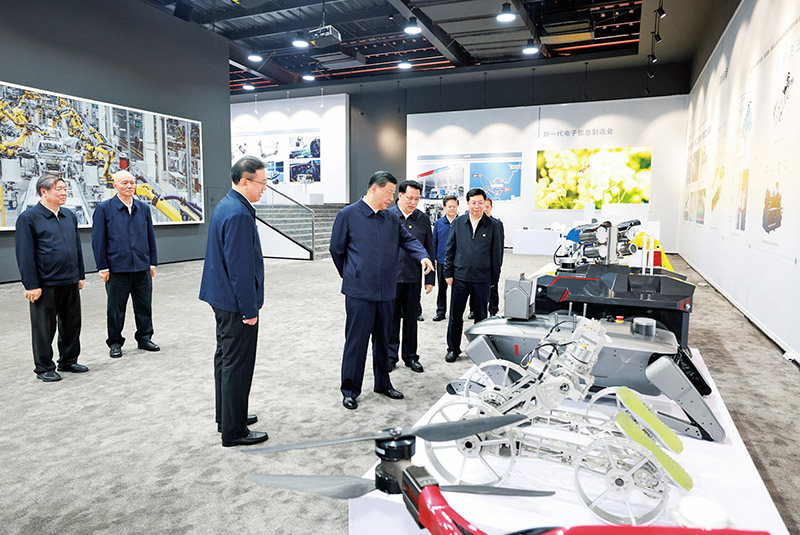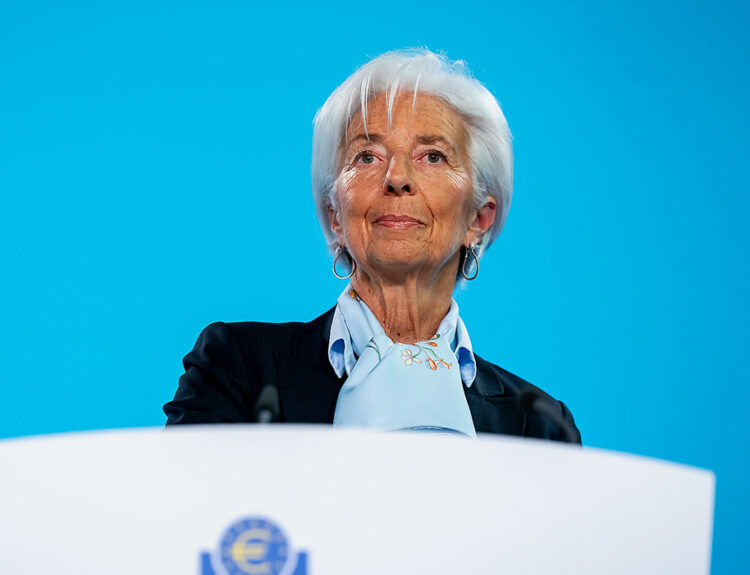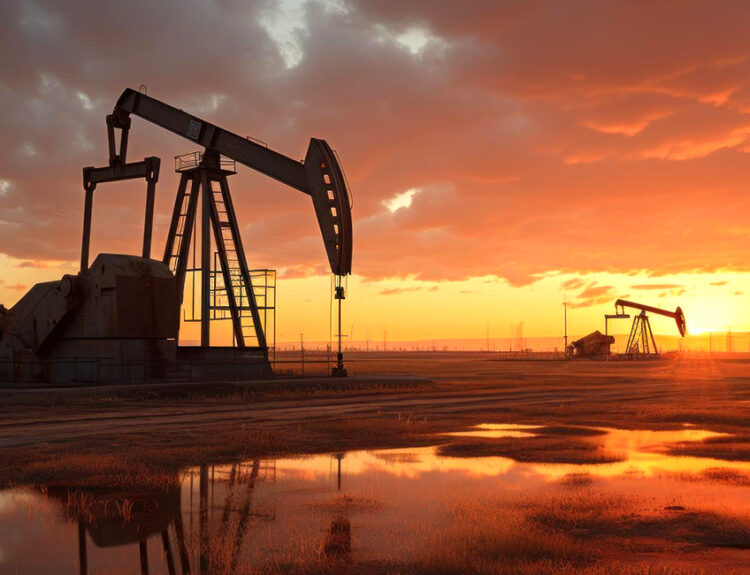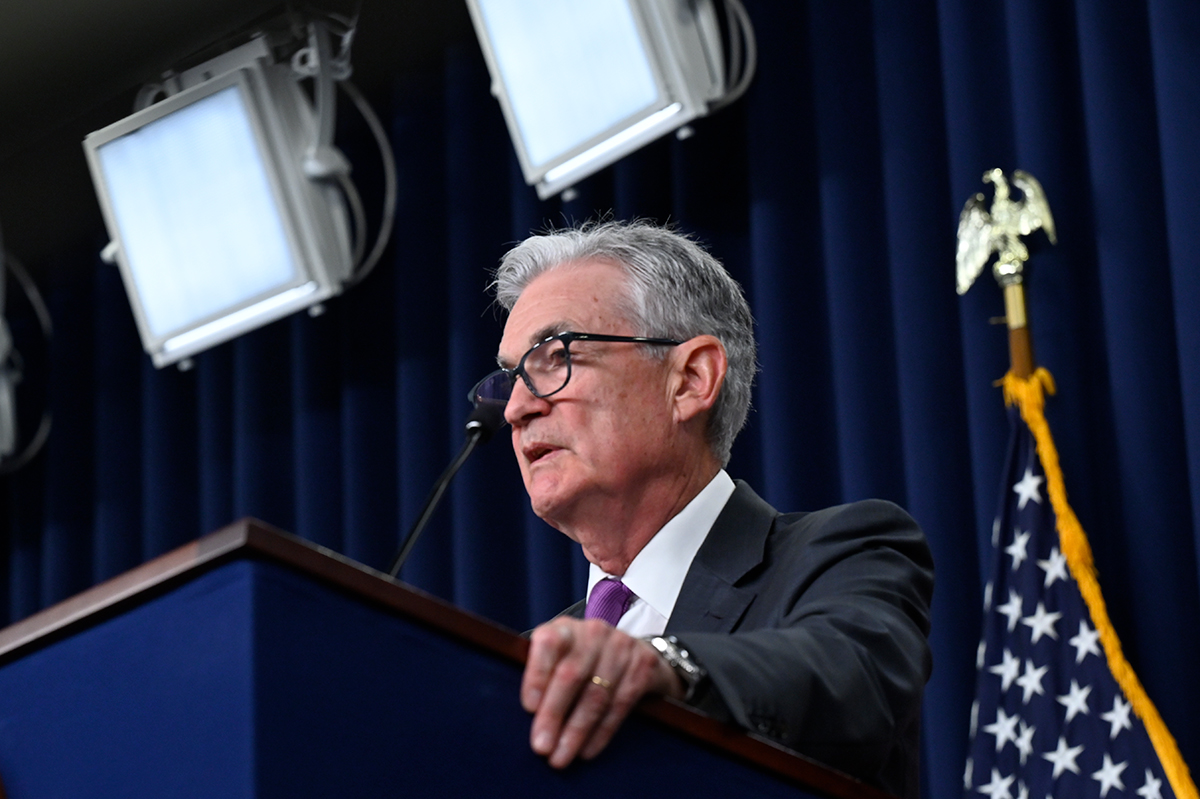The slowdown of China’s economy is causing significant ripples globally. Although the IMF has somewhat improved its forecasts for the world’s second-largest economy, its expectations seem overly optimistic. This is happening amidst lively interactions around the “axis of evil Moscow-Pyongyang-Tehran” and stern warnings from Brussels and Washington. Both the US and the EU are deploying protective measures against aggressive exports from China. Moreover, China is worsening its image by actively assisting Russia in its war of conquest in Ukraine.
Oil prices began to decline after reaching a local peak in early July. Why discuss oil now? Because such fluctuations in oil prices often serve as red flags indicating an impending economic slowdown. One of the largest consumers of imported oil is China. Overall, oil has been declining with some fluctuations since September 2023, when prices hit a 12-month high.
Ready to Dive, But the IMF Pays No Attention
In its quarterly World Economic Outlook, the International Monetary Fund (IMF) noted that the average price of oil for the entire year of 2024 would decrease by only 0.8% compared to the previous year, to $81.26 per barrel. Three months ago, the expectation was a decrease of 2.5%, to $78.61 per barrel. For 2025, the IMF expects a more significant drop in oil prices—by 6% to $76.38 per barrel. In April, the forecast was a 6.3% decline, to $73.68 per barrel.
Thus, the IMF predicts that the global economy will reduce its oil consumption somewhat slower than previously anticipated three months ago. This is somewhat surprising, as global economic growth for this year is expected to be 3.2%, a figure announced by the IMF in both its July and April 2024 forecasts.
The focus here is on China’s economy. The IMF’s forecasts for China seem somewhat strange given current developments. For instance, in April, the IMF forecasted a GDP growth of 4.6% for China in 2024, but by July, this figure had increased significantly to 5%. For 2025, the July forecast was raised to 4.5%, compared to 4.1% in the April document.
These figures are enviable for all developed countries, but they are insufficient for developing nations. For example, according to the IMF, India is expected to increase its GDP by 7% this year and by 6.5% next year. Moreover, for China’s communist leadership, growth rates below 6% are still considered a severe setback. The last time this target was honestly achieved was in 2019, when China’s economy grew by 6%. Subsequently, the COVID-19 pandemic caused fluctuations: +2.2% in 2020 and +8.4% in 2021. Then came the disappointing news: +3% in 2022 and +5.2% in 2023. It seems even this figure will not be achieved in 2024.
All this IMF optimism was displayed on the same day China released worse-than-expected economic results for the first half of the year. Consequently, some investment banks, such as Goldman Sachs, downgraded their own forecasts for China’s economy. They managed to react, but the IMF could not consider these data in its forecast, which had been prepared over the past few weeks.
This poses a serious challenge to the authoritarian regime in China. Economic decline does not fit into the plans of China’s market communists, who are gathering this week for a crucial party event—the Third Plenum.
Xi’s Tough Answers
Xi Jinping meticulously prepared for his speech at the plenum. On the eve of the event, he published an article in one of the key party journals titled “Maintaining Self-Confidence and Self-Reliance.” In this article, Xi demanded that his fellow party members show unwavering faith and dedication to the development path China has outlined for itself, warning that there is no “ready-made solution” or “foreign instruction manual.” This would be typical for a leader of a democratic country but not for an authoritarian one. He effectively acknowledged what has been carefully hidden for the past few years: the Chinese economy is experiencing a rather harsh landing.
However, this admission does not imply changes in economic policy, as Xi demonstrates his vision of reforms, which involve improving party governance and ensuring China’s “great rejuvenation.” Party media also actively cite Xi Jinping’s previous speeches, in which he rejects forecasts that the Chinese economy is reaching a “plateau” and that its aggressive growth is exhausted.
What’s next? It remains unclear how China will resolve the real estate crisis. Likewise, it is uncertain how the issue of so-called excess capacity will be addressed, and how the trade war with the US and the EU will end. Beijing’s support for Russia in its aggressive war in Ukraine also creates significant economic problems for China. Restrictions on China’s access to advanced technologies are being increasingly implemented. This is already undermining the country’s competitiveness compared to, for instance, South Korea and Taiwan.
Source: The Gaze







